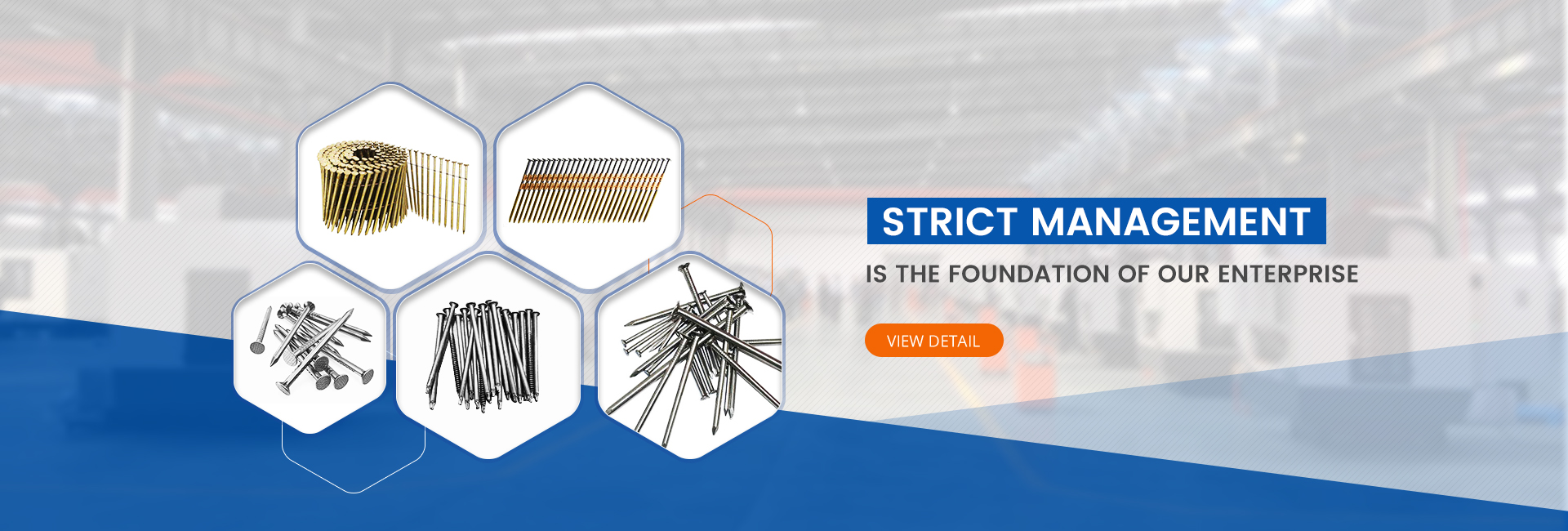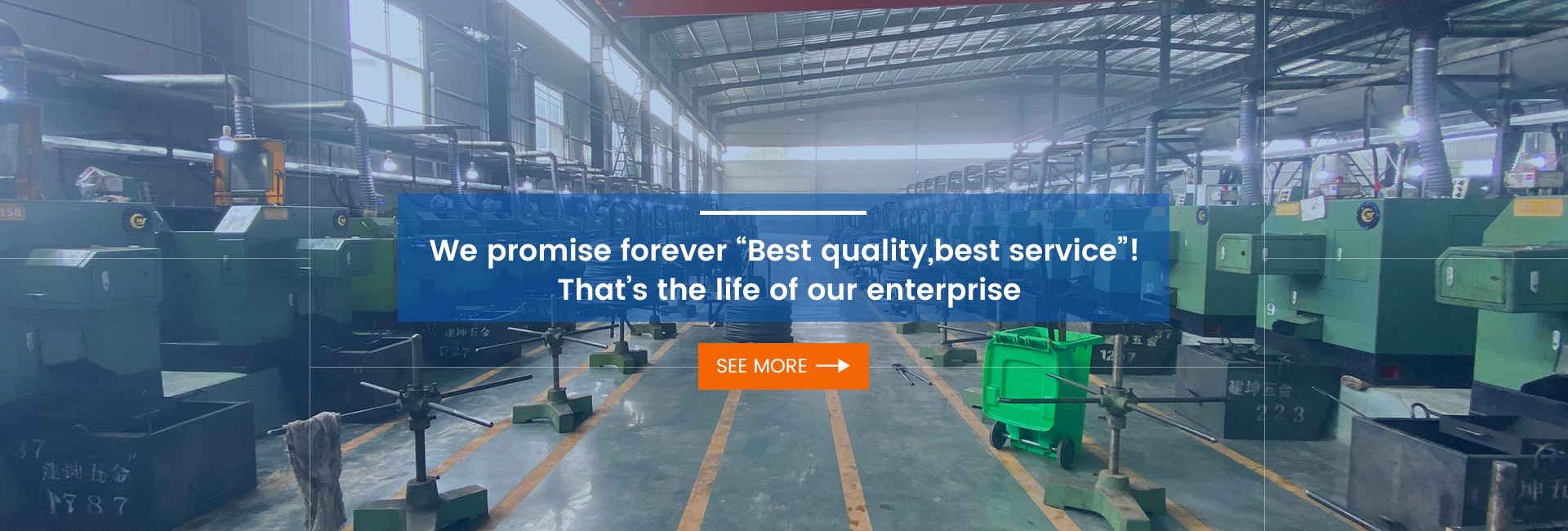Coil nails, also known as collated nails, are fasteners widely used in industries such as construction, manufacturing, and assembly. Unlike traditional single nails, coil nails are arranged in a spiral pattern and connected by a metal or plastic strip, forming a coil. This design not only makes storage and transportation more convenient but also improves efficiency and safety in construction. This article will provide a detailed overview of the types, characteristics, and applications of coil nails in various industries.
1. Types of Coil Nails
a. By Material
Coil nails are typically made from various materials to meet the demands of different usage environments. Common materials include carbon steel, stainless steel, and galvanized steel. Carbon steel coil nails are generally used for standard applications, while stainless steel coil nails are suitable for humid or corrosive environments. Galvanized steel coil nails offer strong corrosion resistance and are commonly used in outdoor construction and applications with high corrosion protection requirements.
b. By Head Shape
The head shapes of coil nails vary, mainly including flat head, round head, and wavy head. Flat head coil nails are suitable for flush surface assembly, while round head coil nails excel in connections requiring high tensile strength. Wavy head coil nails, with their unique head design, provide a larger surface contact area, increasing fastening force.
2. Characteristics of Coil Nails
a. Efficiency and Time-saving
One of the significant advantages of coil nails in construction is their efficiency. When using a coil nail gun, nails can be driven quickly and continuously, greatly reducing construction time. Compared to manual nailing, coil nails save time and reduce physical labor, enhancing work efficiency.
b. Durability and Strength
The design of coil nails allows them to embed firmly into materials and resist loosening. Especially when using an electric coil nail gun, nails can be driven into materials with greater speed and force, ensuring a secure fastening. Additionally, the spiral arrangement of coil nails provides a stronger gripping force, maintaining stability even under high loads.
c. High Safety
Coil nails offer a higher level of safety during construction. Due to the automated design of coil nail guns, operators do not need to handle nails manually, significantly reducing the risk of injury. Furthermore, the use of coil nails minimizes nail loss and waste, improving the cleanliness and efficiency of the construction site.
3. Applications of Coil Nails
a. Construction and Renovation
Coil nails are widely used in the construction and renovation industries, particularly for fastening and connecting wooden structures, such as floors, wall panels, and roofs. Their efficient nailing process and strong connection make them the preferred tool for builders and carpenters.
b. Furniture Manufacturing
In furniture manufacturing, coil nails are used to fasten wooden boards, frames, and other components. Coil nails provide strong bonding, ensuring the structural stability of furniture without damaging the surface’s aesthetics. Additionally, coil nails are suitable for connecting various types of wood and composite boards, making them versatile in application.
c. Packaging and Transportation
Coil nails also play an essential role in the packaging and transportation industry. They are commonly used to manufacture wooden pallets and crates, effectively securing goods and preventing movement or damage during transport. The high strength and durability of coil nails ensure the safe transport of goods.
d. Other Industrial Applications
Beyond the fields mentioned above, coil nails are also important in other industrial applications, such as shipbuilding, automotive manufacturing, and electrical installation. They are used not only for metal sheet connections but also for fastening various composite materials.
Conclusion
As an efficient, durable, and safe fastening solution, coil nails are widely used in construction, furniture manufacturing, packaging, and various industrial fields. Their diverse material choices and unique design enable them to adapt to different working environments and needs. As technology continues to advance, the application scope of coil nails will further expand, providing more support and convenience for the development of various industries.
Post time: Aug-05-2024



